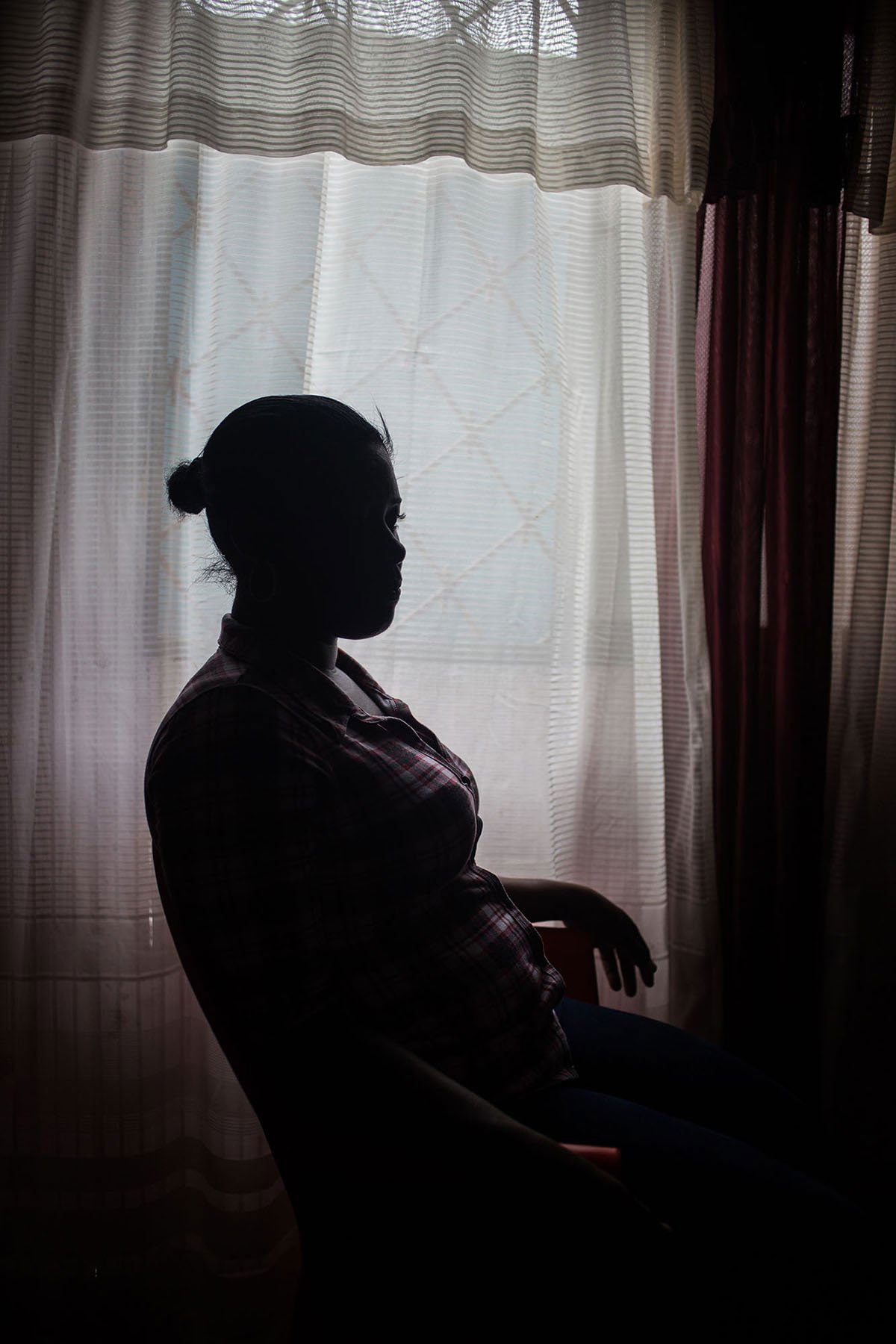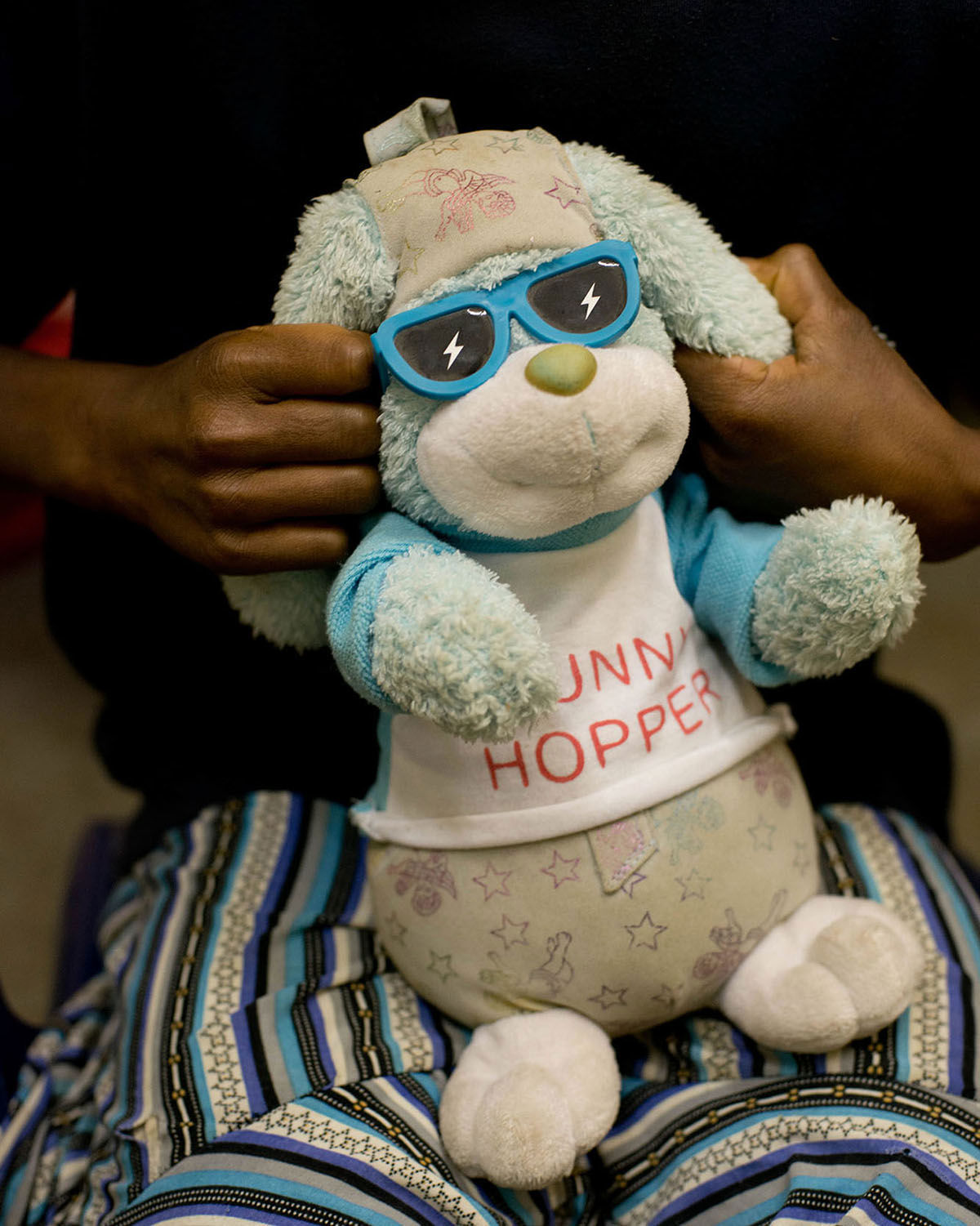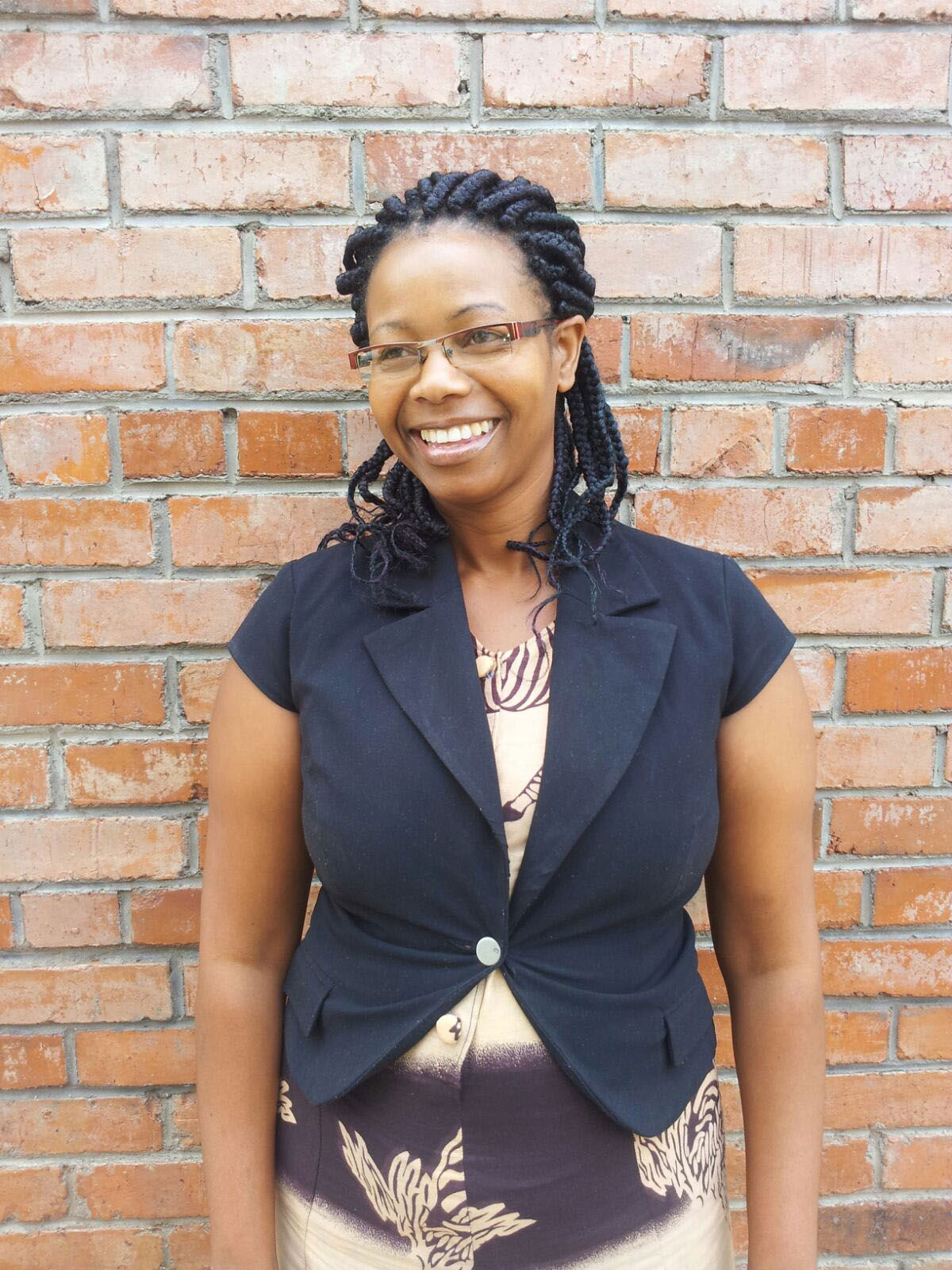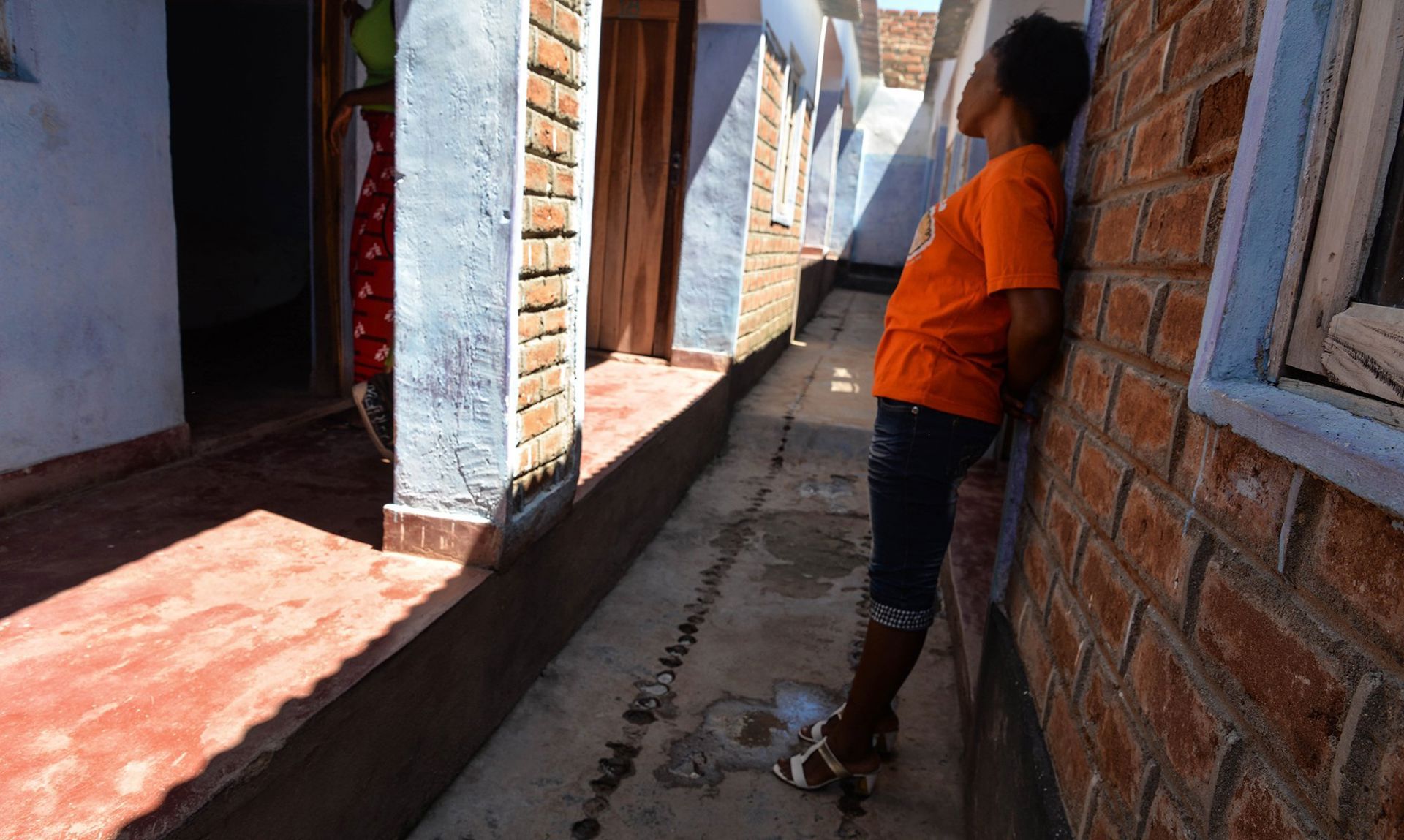
© Lena Mucha
“I’m going forward”
Maria*, a Colombian woman, was pack-raped while unconscious.
“They gave me a drink, and they were people I didn't think would do that to me. After the drink I was unconscious.
When I woke up, I woke up undressed, I don't know how many people had passed over me.
In the hospital I couldn't sleep, I was always crying. I chose MSF, because they were very discreet and I felt safer.
Now I am better. Even after what has happened, I can almost say that I am the same person I was. I don't need that memory anymore.
I thought that I couldn't get over it, but thanks to God my fear is gone.
I'm going forward, and I thought that I didn't have a life anymore, but yes, I do.”
Quick Facts: Tumaco Violence Project
- Increased violence in urban areas
- MSF offers comprehensive mental health and medical care to victims of sexual violence in Tumaco municipality
- 240 victims of sexual violence received support from MSF in 2015
- 4,358 mental health consultations, including 1,505 new cases, in 2015
* The victim’s name has been changed to protect her privacy.

© Jodi Bieber
“I feel ashamed”
She was 13 years old, and came to MSF’s Family Support Centre in Tari, Papua New Guinea, for the first time with her mother.
Sitting in the children’s Protection Room, she explained that a young man from her village had pushed her into her house, removed her trousers, and attempted to rape her. But she also revealed that the previous year the same man, an 18 year-old, had already raped her twice.
The first time she was raped in a bush. The second time she was returning from school and the boy took her into the bush, threatening he would cut off her neck. The mother and child went to the village court and the police, without result. The young man is still in the village and denies that the incident happened.
Nonetheless, the mother explained “I brought my daughter here, to have her checked. We are not scared to go home as the village leaders will sort it out.”
But the 13 year old remained clearly troubled. “I spoke up so now I am afraid to go home. We have and use the same road. Because I have spoken up I feel ashamed as all my friends are laughing at me.”
Despite having some of the highest rates of violence against women and girls in the world outside a conflict zone, there are only six safe houses in Papua New Guinea and none in Tari in Hela Province, where MSF supports Tari Hospital and runs the Family Support Centre.

© MSF
“Suffering inside”
Juliana Nhamburo, a Nurse Counsellor working within Médecins Sans Frontières’ sexual violence project in Mbare, Zimbabwe, admits her role is not easy.
“Seeing victims of sexual violence crying in a session is not easy. It needs a person with a strong heart. It does not require one to have a heart of a soldier or a lion, but a humanitarian heart.
“When you see them walking with smiles on their faces, one can conclude that all is well with them, but they will be suffering inside and pretending to be strong. Their lives will be hell until they share their experiences with someone they completely trust.
“My experience working as a nurse counsellor, providing comprehensive medical care and psychological services to sexual violence victims at the Mbare clinic has not been easy. You see people that are bitter and have lost hope of a brighter future. You see people whose egos have been bruised, who have been betrayed by people that are close to them, and who have lost their sense of being and trust.
“Most of them bemoan lost opportunities in life because of what they will have gone through. Most of them suffer from the effects of sexual violence which include getting infected with HIV, sexually transmitted infections, unwanted pregnancies, lost opportunities, for example, when a girl is forced to drop out of school because of pregnancy, physical injuries, psychological, social and emotional trauma.
“For one to be able to interact with victims, one really has to be able to listen to them, have a compassionate and humanitarian heart. If a victim sees that they can trust you, he or she can give you underlying information which helps you to understand their problems deeply.”
Sexual violence in MSF projects
Our medical teams treated over 11,000 victims of sexual violence in 91 projects, in 29 countries, in 2014. Over 90 per cent of them were women and girls; less than 10 per cent were men and boys. More than two-thirds of our sexual violence patients come from three countries: Kenya, Democratic Republic of Congo, and Zimbabwe. The majority of victims are under 18 years of age.
Our assistance to victims of sexual violence starts with free and confidential medical and psychological care. In many of the settings where we work there is limited similar assistance. Our purpose is to alleviate victims’ suffering and support their recovery and resumption of daily life.


